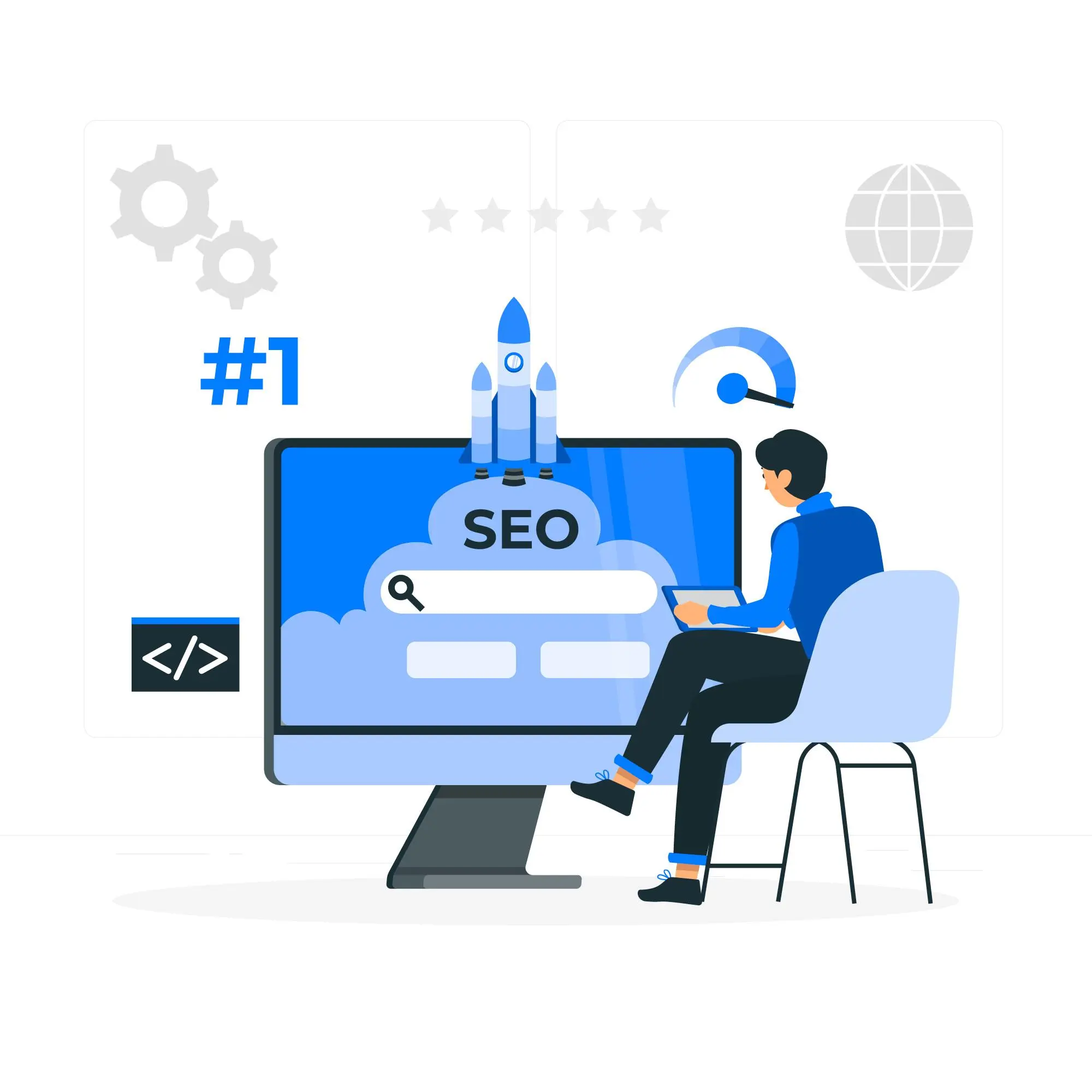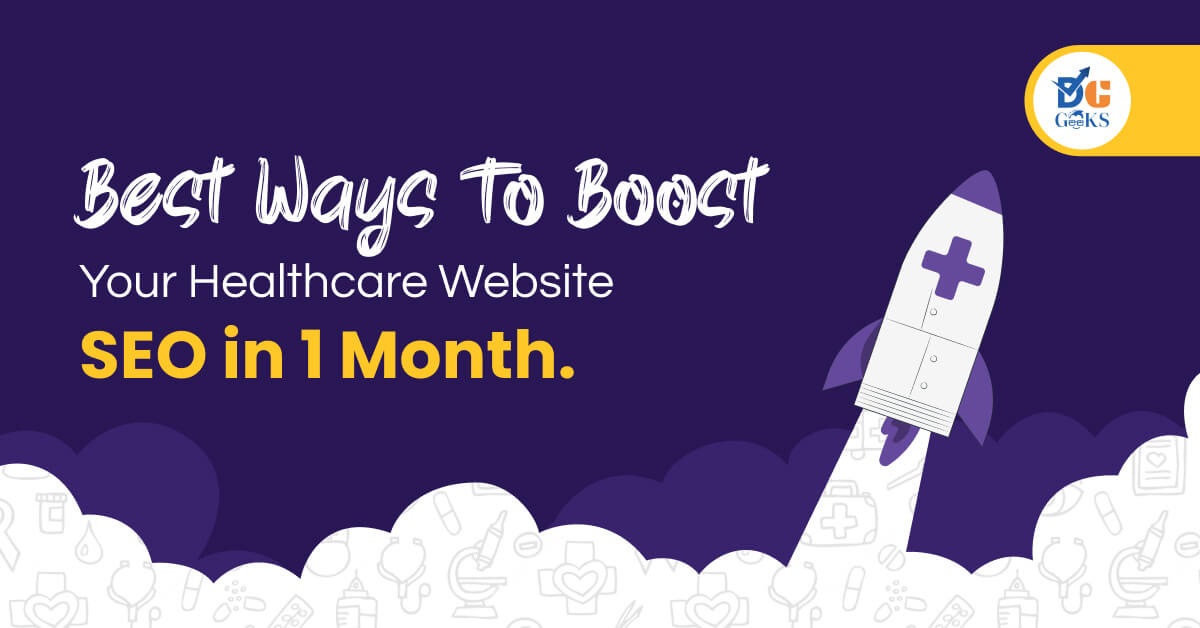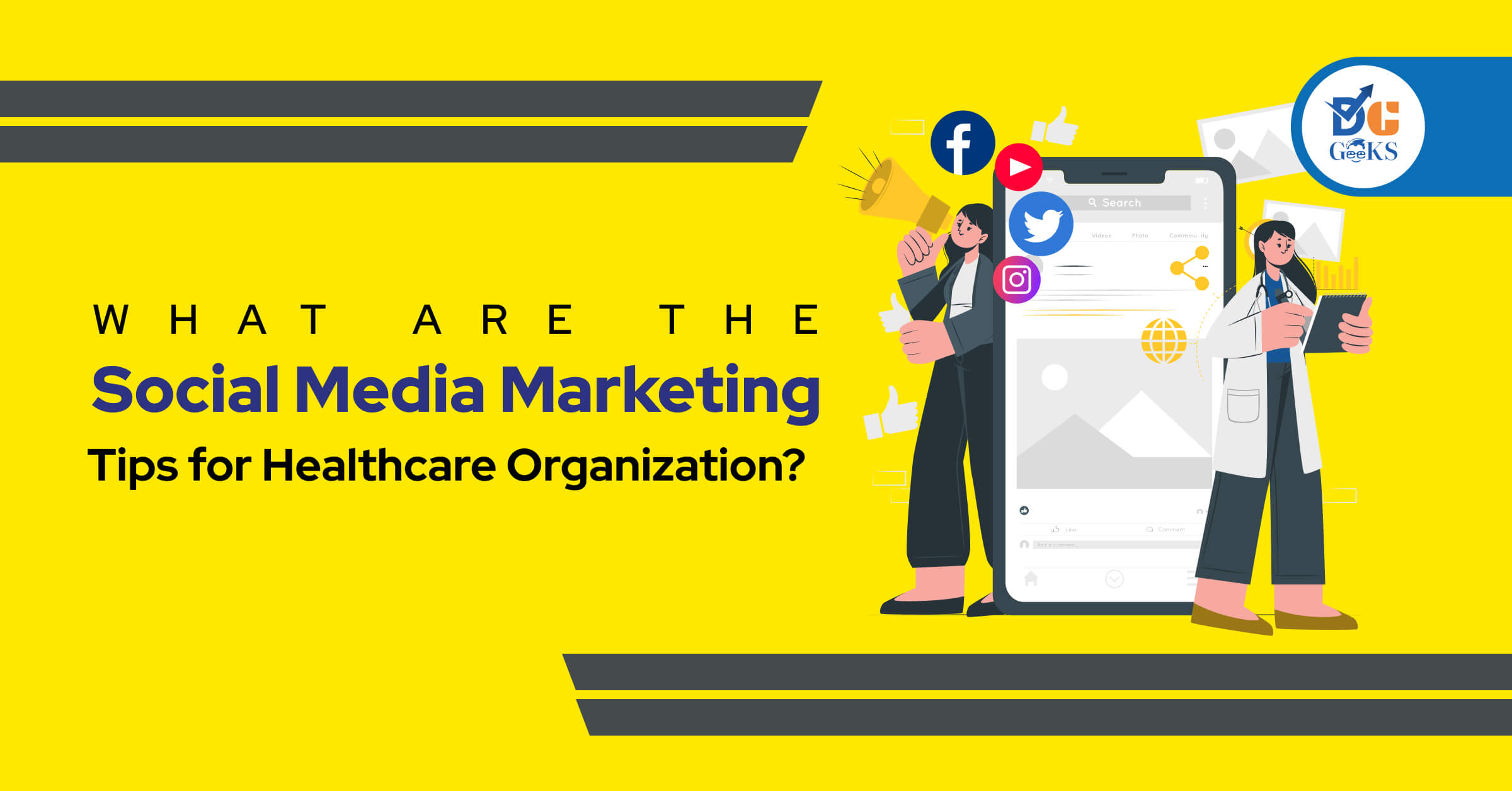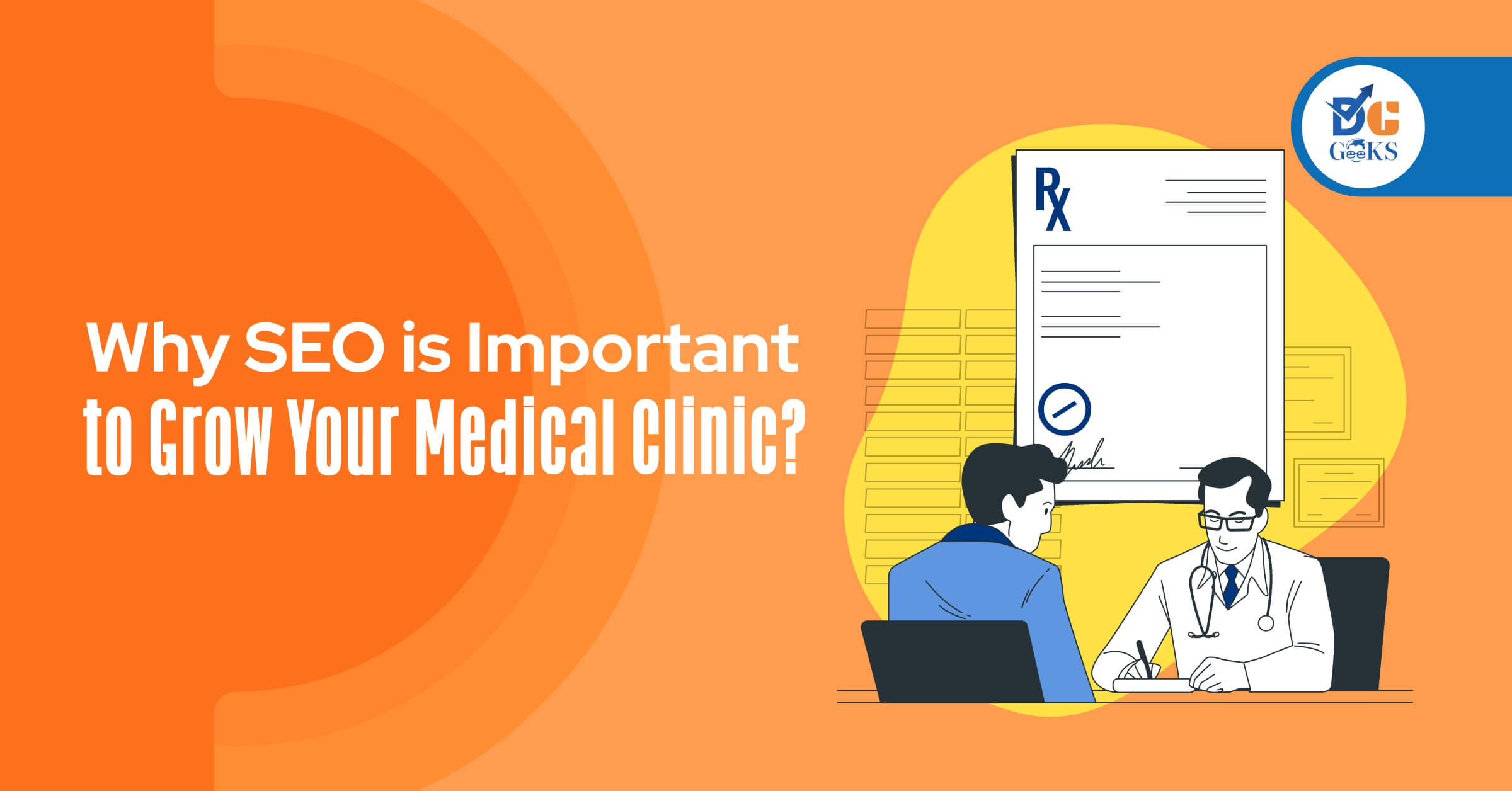On-Page Tips For Healthcare SEO: In today's digital age, having a strong online presence is crucial for healthcare providers. With the increasing competition in the industry, it is essential to optimize your website and improve its visibility in search engine results.
This blog will provide you with 7 valuable On-Page Tips For Healthcare SEO that can effectively increase your leads by 2X. By implementing these strategies, you'll be able to enhance your online visibility, attract more relevant traffic, and ultimately generate more leads for your healthcare business.
7 On-Page Tips For Healthcare SEO
1. Conduct Thorough Keyword Research
To start your on-page optimization journey, you need to conduct comprehensive keyword research. Identify relevant keywords and phrases that potential patients might use when searching for healthcare services. Focus on long-tail keywords that have lower competition but higher intent. Tools like Google Keyword Planner and SEMrush can assist you in finding valuable keywords that align with your services and target audience.
2. Optimize Your Page Titles and Meta Descriptions
Page titles and meta descriptions are crucial elements of on-page optimization. Craft compelling and concise titles that include your target keywords naturally. Aim to create meta descriptions that entice users to click through to your website from the search engine results page (SERP). Include a call-to-action and highlight the unique value proposition your healthcare services offer.
3. Create High-Quality and Engaging Content
Content is king in the world of SEO, and healthcare websites are no exception. Develop informative, relevant, and engaging content that provides value to your readers. Incorporate your target keywords naturally throughout the content, but avoid keyword stuffing. Aim to answer common questions and address the pain points of your target audience, positioning yourself as an authority in the field.
4. Optimize Your Heading Tags
Heading tags (H1, H2, H3, etc.) play a vital role in both SEO and user experience. Use your primary keyword or a variation of it in your H1 tag to signal the main topic of the page. Utilize H2 and H3 tags for subheadings, incorporating relevant LSI (Latent Semantic Indexing) keywords. This not only helps search engines understand the structure of your content but also enhances readability for your visitors.
5. Improve Your Website's Loading Speed
Website speed is a critical factor in both user experience and search engine rankings. Optimize your website's loading speed by compressing images, minifying CSS and JavaScript files, and leveraging browser caching. Tools like Google PageSpeed Insights and GTmetrix can provide valuable insights and recommendations for improving your site's performance.
6. Optimize Your Images
Images can greatly enhance the visual appeal of your website, but they can also slow down your page loading speed if not optimized properly. Compress your images without compromising quality, use descriptive filenames, and include alt text that accurately describes the image using relevant keywords. This optimization not only helps with SEO but also ensures accessibility for visually impaired users.
7. Leverage Schema Markup
Schema markup is a powerful tool that helps search engines understand the content and context of your web pages better. Implement schema markup, such as JSON-LD, to provide additional information about your healthcare services, including ratings, reviews, opening hours, and more. This can significantly improve your chances of appearing in rich snippets on the SERP, driving more organic traffic to your website.
Also Read:
FAQs: On-Page Tips For Healthcare SEO
1. How long does it take to see results from on-page SEO?
The timeline for seeing results from on-page SEO can vary depending on several factors, including the competitiveness of your industry, the quality of your optimizations, and the overall authority of your website. In general, you can expect to see noticeable improvements within a few weeks to a few months. However, SEO is an ongoing process, and continuous efforts are required to maintain and improve your rankings.
2. Can I optimize my website for multiple keywords on a single page?
While it's possible to target multiple keywords on a single page, it's generally more effective to focus on one primary keyword per page. This allows you to create more targeted and specific content that directly addresses the intent behind that particular keyword. However, you can still incorporate related keywords and variations throughout your content to capture a broader range of search queries.
3. How often should I update my website's content?
Regularly updating your website's content is essential for maintaining its freshness and relevance. Aim to add new content or make updates at least once a month. This could include publishing blog posts, updating service pages, or adding patient testimonials. Fresh content signals to search engines that your website is active and provides value to users, potentially boosting your rankings.
4. Is mobile optimization important for healthcare websites?
Yes, mobile optimization is crucial for healthcare websites. With the increasing use of smartphones and tablets, more people are accessing the internet on mobile devices. Ensure that your website is responsive and mobile-friendly, providing a seamless browsing experience across different screen sizes. Mobile optimization not only improves user experience but also contributes to better search engine rankings.
5. Should I include patient reviews on my website?
Absolutely! Including patient reviews and testimonials on your website can significantly enhance your credibility and trustworthiness. Positive reviews and personal experiences from satisfied patients can help attract new patients and build confidence in your healthcare services. Consider creating a dedicated testimonials page or showcasing reviews on relevant service pages to highlight the positive feedback from your patients.
Opt for Digi Geeks Marketing Agency to Boost Your Healthcare SEO and Double Your Leads
If you're in search of digital marketing services specifically catered to doctors, look no further than Digi Geeks (the top-rated Digital Marketing Agency in Jaipur). They provide a wide array of comprehensive digital marketing solutions tailored to help doctors effectively promote their practices, attract new patients, and establish a robust online presence.
Digi Geeks Marketing Agency comprehends the distinct needs and challenges faced by healthcare professionals and boasts extensive experience in the medical industry. Their team of digital marketing experts can assist you in creating a personalized marketing strategy that aligns with your objectives and targets the appropriate audience.
Conclusion: On-Page Tips For Healthcare SEO
Implementing effective on-page SEO strategies is essential for healthcare providers looking to increase leads and grow their online presence. By following the seven tips outlined in this article, you can optimize your website, improve its visibility in search engine results, and attract more relevant traffic. Remember to conduct thorough keyword research, optimize page titles and meta descriptions, create high-quality content, and leverage various on-page elements to enhance your healthcare SEO efforts. Stay consistent, track your progress, and adapt your strategy as needed to achieve long-term success in the competitive healthcare industry.

















































